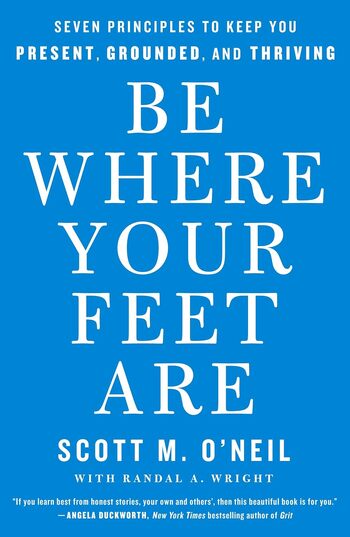
What to Eat When explores the importance of not only what we eat but also when we eat. The authors emphasize timing meals to optimize health, prevent disease, and maintain a steady weight.
Main Lessons
- Timing is crucial: Eating at regular times can help manage weight and prevent diseases.
- Complex carbohydrates, like those in whole grains, are preferred for stable blood glucose.
- Proteins are essential for body functions and should be part of a balanced diet.
- Unhealthy fats should be avoided in favor of unsaturated fats from nuts and fish.
- Eating a heavy breakfast can help manage energy levels throughout the day.
- Dinner should be light, with a focus on fruits and vegetables to ease digestion.
- Consuming meals mindfully enhances digestion and satisfaction.
- Prepare snacks ahead of time to prevent unhealthy binge eating during busy days.
- Traveling can disrupt healthy eating, but planning ahead helps maintain habits.
- Mindful eating helps track hunger cues and prevent overeating.
- Adapting meals based on daily energy needs can improve metabolic function.
- Avoid added sugars and overly processed foods to maintain overall health.








